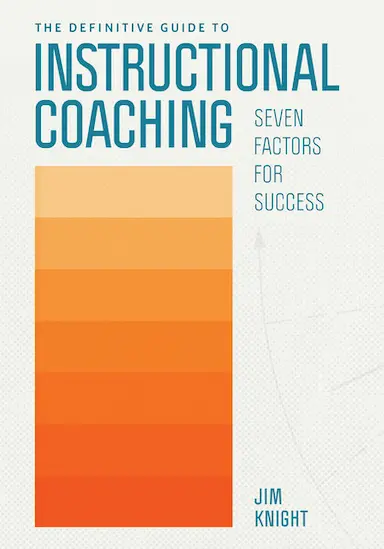Introducing Mosaic's Book of the Term Prize Draw
At Mosaic, we want to fill the (teacher training) world with thoughtfully designed and effective EdTech. But we also want to fill the (teacher training) world with books.
Why we chose this book?

"Too often, we design professional development without considering the concept of praxis - we tell teachers what to do and how to do it, leaving little room for the creativity and knowledge teachers bring to school. To bring about the schools our children deserve, we need to ensure that teachers don't turn their brains off when they walk into our buildings." p31
What we've taken from it
"When coaches balance telling with asking, they say what they think while making it easy for teachers to say what they think, too. Done well, such dialogical conversations are collaborative, open, free, and energising exchanges where everyone honestly says what they think." p96
"Coaching isn't easy. It is challenging and sometimes frustrating, because it involves infinitely complex work with other human beings." p195
How can I win a copy?
We are giving away three copies of Knight’s book to anyone working in teacher training.

Pingback: Introducing Mosaic’s Book of the Term Prize Draw - NASBTT
Pingback: Mosaic Book of the Term Prize Draw – Spring 2024 - Mosaic
Pingback: Mosaic Book of the Term Prize Draw – Spring 2025 - Mosaic